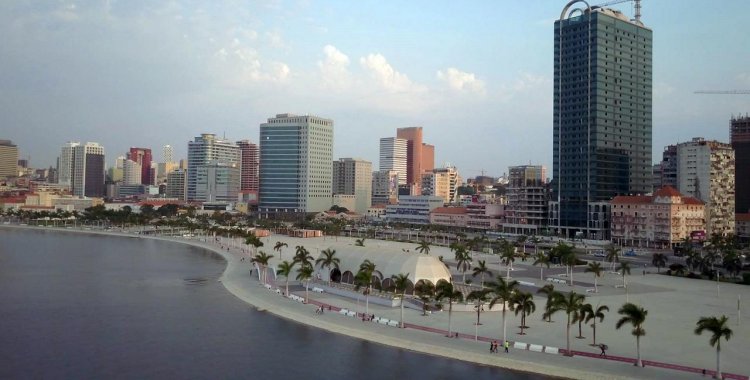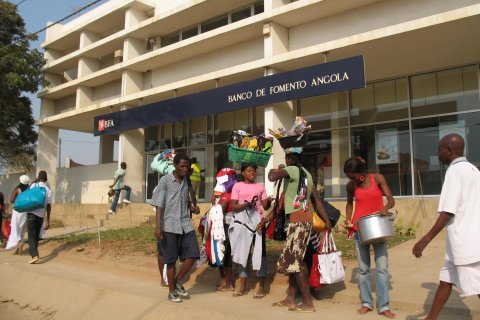"Our own estimates are more pessimistic than those of the IMF, pointing to a fall of possibly more than 5 percent in the oil and non-oil sectors," reads the Information Note on the third review of the International Monetary Fund (IMF) program of financial assistance to Angola.
"Being difficult to imagine, the economic impact would have been much more serious had it not been for the support of multilaterals and the rescheduling of amortizations," points out the comment sent to clients, to which Lusa had access.
"In this scenario, the default would be inevitable, with the country facing a very serious payments crisis, which would probably be followed by a much sharper depreciation than the current one, forcing imports to decrease even more, and with huge cuts in public spending, stopping all and any investment in progress and very probably forcing large scale dismissals of public employees and nominal decrease in salaries," adds the text.
The IMF foresees a recession of 4 percent this year, according to the September analysis of the Angolan economy under the third review of the financial assistance program, which allowed for an immediate disbursement of one billion dollars and an increase in the total amount of the program to about 4.5 billion dollars.
For BFA, the drop of 6.8 percent in the oil economy and 2.8 percent in the non-oil economy could be "much sharper", considering other alternative indicators.
"According to data from the National Bank of Angola and BFA calculations, total withdrawals at Multicaixa and payments for TPA purchases will grow by only 8.4 percent in 2020, if the behaviour from January to August is maintained for the rest of the year," which, taking inflation into account, reveals a drop of 14.4 percent, well above the only real drop since 2010, the beginning of the series, when bank withdrawals fell 2 percent in 2017.
"In the same vein, a look at imports of goods and services points to a drop of 30.9 percent in 2020, when valued in dollars (the drop in kwanzas removing inflation is 19.0 percent), only slightly lower than the drop of 32.4 percent in 2016," notes the report, which concludes that "these performances are consistent with a strong recession, which is already being seen in the country.
On the IMF's analysis of Angola's programme, BFA says that the technicians praise the fulfilment of the programme's commitments, despite the fact that "in relation to the structural objectives, of the 12 targets up to June 2020, only five were met on time.
Overall, they conclude, "the IMF again leaves praise to the government, calling the program's performance broadly satisfactory," since almost all performance criteria and the five indicative targets have been met.







